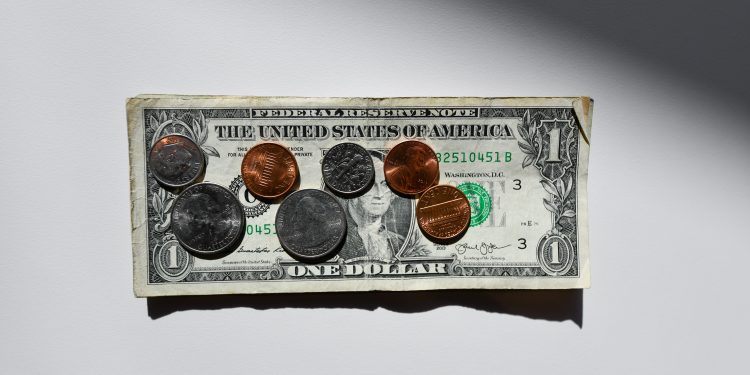The CFPB published a report on late fees derived from credit cards. There are few surprises. The short takeaway is that those with low credit scores are most likely to be assessed a credit card late fee. So let’s start with the easy part.
Superprime, credit card accounts represented 59% of the universe but generated 20% of the fees.
Prime accounts were almost on par, with 20% of the share and 21% of the fees.
The numbers diverge as they go deeper into weak credit-scored accounts.
For the near-prime group, which held 10% of the group, late fees contributed 17% towards the total volume.
Subprime is worse, with 6% of the universe and 15% of the late fees.
And, hold on, the most significant component is further out of balance.
Deep subprime represented 6% of the units and 27% of the late fees.
As you would expect, the report hits on many sociological aspects of credit card delinquency late fee distribution. However, the information does not mention the high level of compliance with the Equal Credit Opportunity Act (ECOA). Equal and fair lending has been the law of the land dating back to the Federal Deposit Insurance Act of 1974. The timing of ECOA aligned with the tipping point for credit cards in the United States when Gerald Ford was president. At the time, revolving debt was all of $13 billion. Today, revolving debt stands at $1 trillion.
Credit card issuers lend fairly based on the overwhelming lack of fair credit lending credit card issues. Underwriting models look for risks, the ability to repay, employment history, and the like.
Few in the credit industry have time or inclination to redline areas to permit systemic discrimination. No lender worth their salt discriminates in lending. The job is to book accounts and calibrate credit lines based on lending fundamentals. In lending, the mantra of the “four C’s” come into play, based on capacity, capital, collateral, and credit, as Freddie Mac calls out on their website.
The CFPB report puts forward a few interesting factoids.
Cardholders with subprime and deep subprime scores are far more likely to incur repeat late fees in a given year than those in higher credit score tiers. Increased incidence coupled with a more expensive fee for repeat late payment resulted in the average deep subprime account being charged $138 in late fees in 2019, compared with $11 for the average superprime account.
This point makes sense. Consumers with late fees will likely have multiple late fees rather than a one-time occurrence. And those with poor credit scores will be more likely to pay late fees. There’s no surprise here. Lenders price and underwrite to risk. Lenders are responsible for ensuring the customer can repay (as required by the CARD Act of 2009). Lenders are also answerable to the Comptroller of the Currency Office for safe and sound lending.
Credit card late fees disproportionately burden consumers in low-income and majority-Black neighborhoods.
Late fees are negatively correlated with indicators of upward economic mobility.
No comment on the first bullet point, except to say that any of the top three credit issuers I’ve spent my career at care more about your fact-driven FICO Score than personal attributes that have nothing to do with credit.
Yes, late fees can affect upward mobility. But, that does not mean that subprime credit risk should be priced into the credit costs for a superprime account.
Most smaller banks and credit unions charge a maximum late fee of $25 or less, but almost all of the largest credit card issuers contract at or near the higher fee amounts specified by regulation.
For this one, I’d bring in the cost accountants. Late fees fall under Dodd-Frank, and the text appears on the CFPB site. Perhaps the subsequent study should consider the cost of servicing a delinquent account, whether for handling a collection call, the expense of mailing a dunning letter, or the risk that comes from charge-off.
CFPB brings a raft of well-crafted analytics to consumer payments and has been responsible for improving many borrowing facets. However, there needs to be a balance between inclusive lending and requirements for financial institutions to be safe and sound with prudent lending. This is particularly important as the CFPB drives for more inclusive credit.
Indeed, fair lending is in the interest of all parties. Still, investors have the right to expect a return, lenders have responsibilities to lend prudently, and consumers must balance budgets.
Overview by Brian Riley, Director, Credit Advisory Service at Mercator Advisory Group









